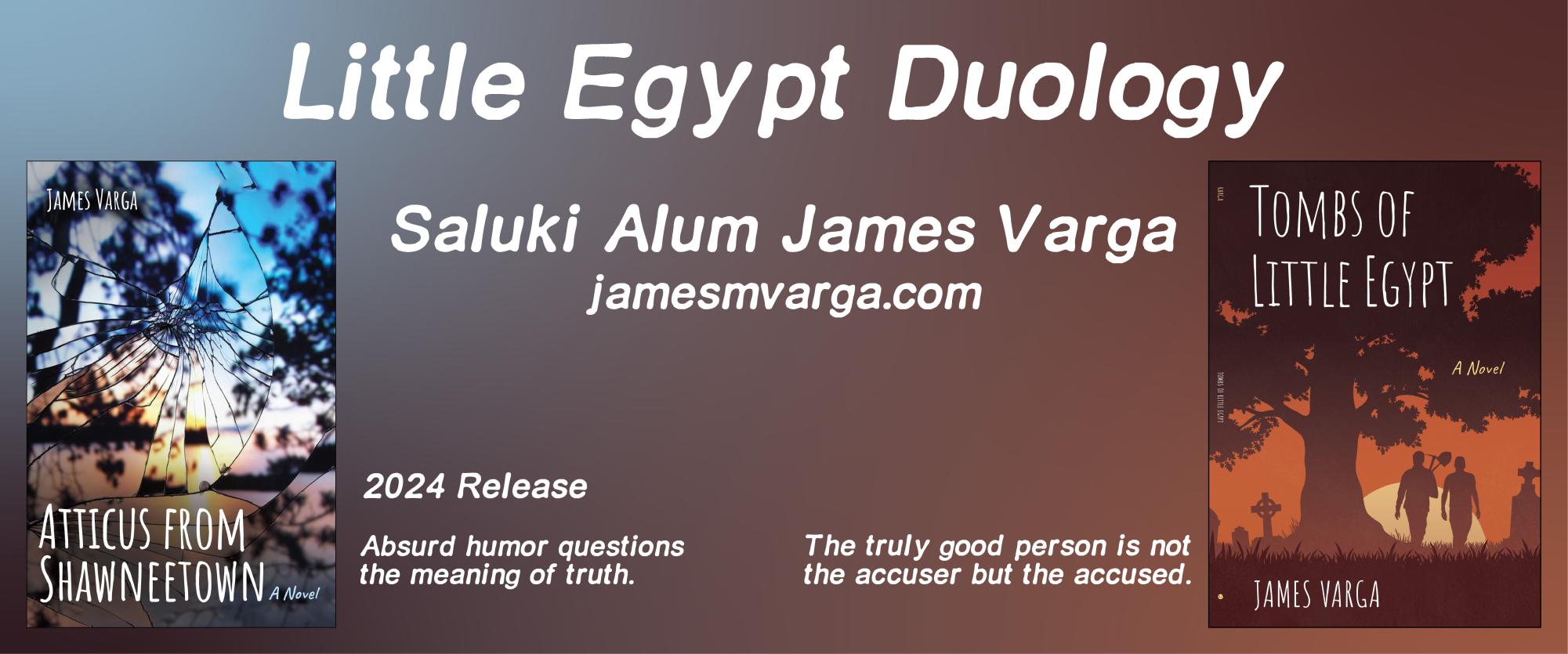Anti-piracy bills should be revised to protect constitutional rights
January 18, 2012
Our Word
Two controversial anti-piracy bills under review by Congress do not adequately address the issue of online piracy without infringing on our constitutional rights to free expression on the Internet.
Both bills, the House of Representative’s Stop Online Piracy Act and the Senate’s Protect IP Act, aim to end the illegal distribution of American copyrighted material by companies based in foreign countries.
Advertisement
Although a large number of these services are free to users, foreign websites still profit from the distribution of pirated material by charging users to view the content or by selling advertisements. The Pirate Bay, a file-sharing site that allows users to download illegal material such as music, movies and software programs for free, is one example.
But big-name websites such as Wikipedia oppose SOPA because they believe it may inadvertently allow U.S. government to censor the Internet — a major concern that seems to be on everyone’s mind.
Along with several other websites, Wikipedia and Reddit, a social-news website, shut down their sites Wednesday to protest the bills.
When users first tried to use Wikipedia’s search engine, it seemed to work. But seconds later, a message appears explaining why the site was inaccessible. The sites also urged users to sign a petition or contact their representatives to voice concern.
While Wikipedia shutting down its own website sends a strong message to Internet users, it also produces preemptive and unnecessary concern, bill supporters say.
For 24 hours, users who may not have been aware of the anti-piracy bills or simply hadn’t taken the time to read up on the issue were confronted head-on — leaving some members of Congress having second thoughts.
Current laws already allow copyright holders to remove material from websites such as YouTube if its users were unauthorized to share the copyrighted content, according to a Fox News article. But SOPA would give U.S. government the authority to shut down sites for even the most minor copyright infractions, the article states.
Advertisement*
But supporters of the bills, including the film and music industry, believe giving the government the ability to quickly shut down questionable websites — without a time-consuming court hearing or trial — would essentially redirect profits back to the rightful owners.
While the bills are a warranted and necessary next step in fighting the distrbution of illegal content online, a second look at the bills are needed to ensure they are not infringing on the public’s free speech rights.
For staunch opposers of the bills, it isn’t the intent of stopping overseas piracy that worries them; it’s the concern that this might be the first step in a slippery slope toward censure of free expression and freedom of speech, for which the Internet has always been a platform.
Recently we at the Daily Egyptian discovered our own content was being pirated from across the world. Shutting down blatant theft on for-profit sites should, perhaps, be easier than it is now. But at what cost?
An Orwellian future might seem absurd to many of us, but with continued questions over the freedom of information, maybe he only had the date a little off.
At the moment, the response from the online community has shown Congress one thing.
Nobody’s too big on Big Brother.
Advertisement








